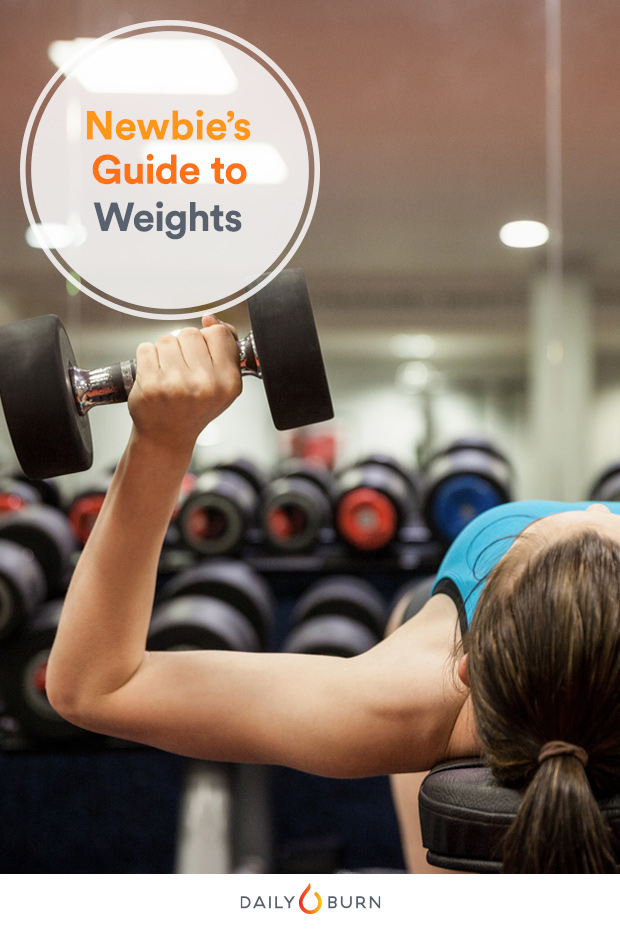


One study found that a 12-week regimen of aerobic and resistance training led to a 25% reduction in the severity of OSA, while also improving sleep quality and reducing daytime fatigue. Multiple studies have shown that exercise can reduce pre-sleep anxiety and improve sleep quality in people with insomnia. Working out can also reduce the risk of sleep problems, like insomnia, obstructive sleep apnea (OSA) and restless leg syndrome (RLS). Exercise done just before sleep will increase stress hormones, which can worsen sleep problems. Usually, exercise in the afternoon or early evening helps with sleep. Any amount of movement may improve sleep, although younger people usually require more exercise than older people to see the same benefits. Both aerobic exercise (like cardio and running), as well as resistance exercise (like weightlifting) can improve sleep quality. Research has shown that people who spend more time watching television consume more calories and are more likely to be overweight.Ī substantial amount of research has shown that getting regular exercise can improve sleep. Unfortunately, sedentary activities appear to have the opposite effect.
#Effacts of daily cardio workout before breakfast full#
Physical activity can also help you feel more satisfied and full after a meal. High intensity exercise decreases appetite, often for at least 30 to 60 minutes after finishing a workout.

Consistent exercise offers even more long term benefits, including better weight management, stronger bones, and a reduced risk of more than 35 diseases. Many of the benefits are seen immediately, like reduced anxiety, lowered blood pressure, and better sleep. ExerciseĮxercise is a cornerstone of health and benefits nearly every system in the body. Having too much calories or fat in your diet may make it harder to get enough sleep, as do diets lacking key nutrients, like calcium, magnesium, and vitamins A, C, D, and E. Most health experts recommend avoiding caffeine prior to sleeping. Caffeine is notorious for making it more difficult to fall asleep and eating too close to bedtime can lead to sleep disruptions. What we eat also impacts sleep quality and duration. Poor dietary choices, like eating right before a high-intensity cardio workout, can lead to increased nausea and make exercise more challenging. The right combination of fluids, carbohydrates and protein, eaten at the right time, can improve athletic performance and decrease fatigue. Diet can also affect our mental health, with several studies suggesting that certain diets may reduce the risk of developing depression and anxiety.įood can either fuel or foil a workout, and research shows that combining a healthy diet with adequate exercise offers more benefits than improving diet alone. Eating a healthy, balanced diet has been shown to reduce the risk of a myriad of health conditions, from heart disease and stroke, to diabetes and obesity. Dietĭiet and nutrition affect virtually all aspects of our health. Learning about how these activities affect one another is an important part of understanding why research has shown that the more of these lifestyle behaviors you improve, the better your well-being. The Relationship Between Diet, Exercise, and Sleepĭiet, exercise, and sleep influence one another in complex and innumerable ways. While improving just one of these lifestyle factors can help people lead longer lives, several recent studies have suggested that improving all three may be a better way to improve both physical and mental health. Diet, exercise, and sleep are three pillars of a healthy life.


 0 kommentar(er)
0 kommentar(er)
